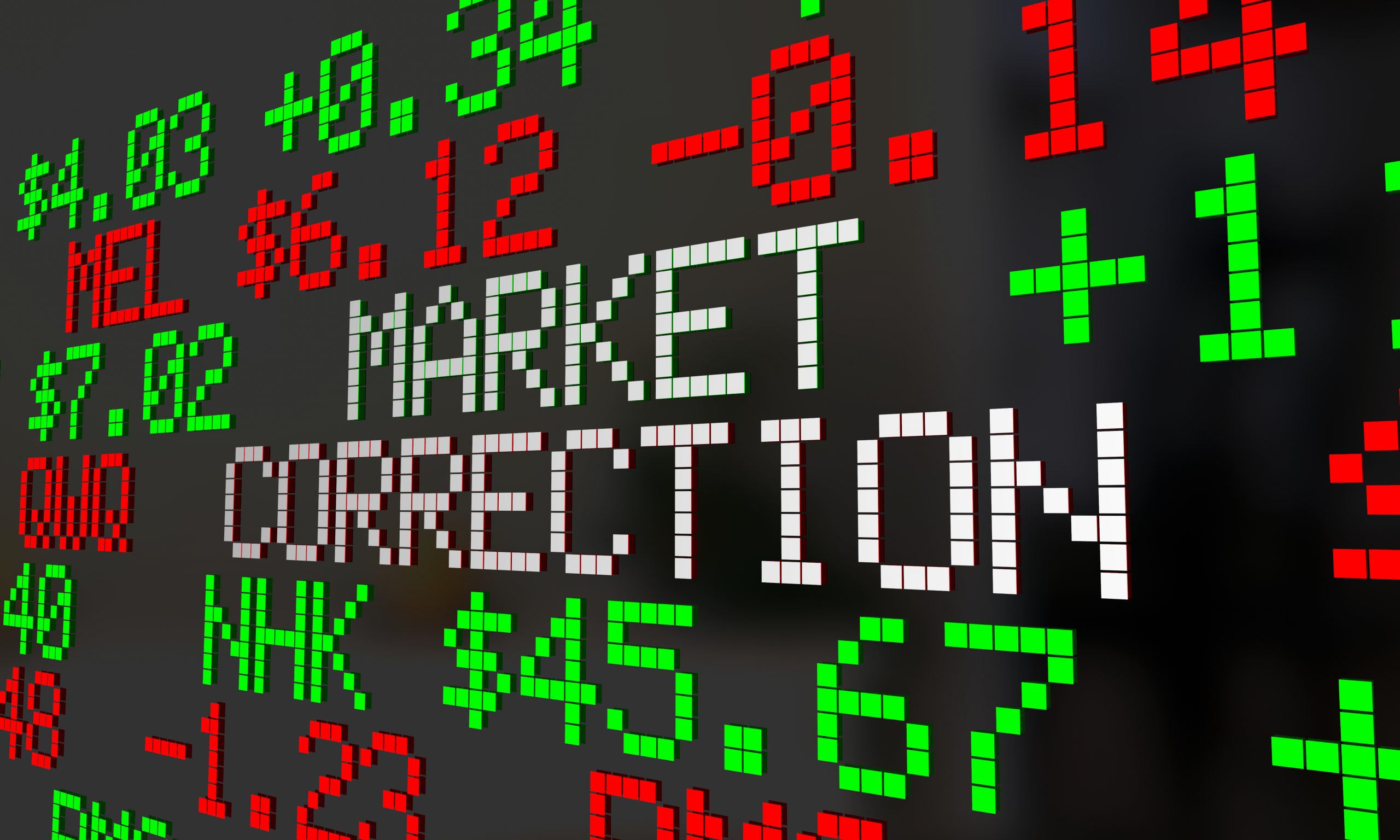India’s Stock Market Has Outperformed U.S. and China in the Last 5 Years. Here’s What You Need to Know.
Over the last five years, the Indian stock market has been one of the world’s best performers—a run that’s been fueled by India’s rapid economic growth over the same period.

Investors and traders who haven’t added India to their global watchlists may want to do so in the near future.
Despite being the second-largest country on earth by population, India has for many years lived in the shadow of other major global economies—whether it be the United States, China, or those within Europe. But, recent data suggests that probably won’t last much longer.
This year, India is expected to be the world’s fastest-growing economy, and that type of economic strength isn’t an aberration. From 2013 to 2018 India’s economy actually grew at a faster pace than China.
In 2022, India’s economy appears to be hitting on all cylinders, while China is still trying to find its way into the post-pandemic world.
This new world order has caused many to update their global economic projections for the next five years, with India expected to routinely top the list of fastest-growing economies over that period. Somewhat surprisingly, China’s growth over the foreseeable future is expected quite tepid.
Notably, optimism over India’s economic fortunes has also spilled over into the Indian stock market, which has been one of the world’s best performers in recent years.
Over the last 52 weeks, the Indian stock market is one of the few in the world to post a positive return—+7% in the BSE SENSEX index. The only other major sovereign stock market to post a gain over that period is Great Britain, with the FTSE 100 up roughly +5% over the last 52 weeks.
Over the last five years, India’s BSE SENSEX index has been up 89%. In comparison, the S&P 500 has been up about 69% over that same period, while the Shangai Composite index is up only 1%—that’s right, 1%.
The above data adds important context to the broader narrative, which is that India’s influence in the global economy and capital markets is surging. Since 2010, India has risen from the ninth-largest economy in the world to the fifth-largest economy, as measured by nominal GDP.
Global economic success is by no means a new thing for the region, though. The historical record shows that the Indian subcontinent was the most productive in the world from the 1st century through the mid-18th century. And India’s current trajectory suggests the country will be a dominant force in the 21st century, as well.
The fact that India is one of the largest countries on earth by population certainly doesn’t hurt. Current projections suggest that India will surpass China as the world’s most populous country at some point in 2023, according to data compiled by the United Nations.
Interestingly, India has now also become the world’s third-largest ecosystem for startups, hosting 94 so-called “unicorns” with a combined value in excess of $320 billion.
India will get a chance to showcase its emergence as a global innovator when it assumes the presidency of the G20 this December. And next year, India will host the 2023 G20 Leaders’ Summit within its territory for the first time in history.
Investors and traders seeking to track and trade India’s ongoing fortunes can do so using single-stocks or exchange-traded funds (ETFs), as highlighted in the list below:
- Azure Power Global (AZRE)
- Dr. Reddy’s Laboratories (RDY)
- HDFC Bank Limited (HDB)
- Icici Bank Limited (IBN)
- Infosys Ltd (INFY)
- iShares MSCI India ETF (INDA)
- iShares India 50 ETF (INDY)
- iShares MSCI India Small-Cap ETF (SMIN)
- MakeMyTrip Limited (MMYT)
- Tata Motors Limited (TTM)
- Wipro Limited (WIT)
- WNS Holdings Ltd (WNS)
For more information about trading international equities, check out this installment of Market Measures on the tastytrade financial network.
To follow everything moving the financial markets on a daily basis, tune into TASTYTRADE LIVE—weekdays from 7 a.m. to 4 p.m. CDT.
Sage Anderson is a pseudonym. He’s an experienced trader of equity derivatives and has managed volatility-based portfolios as a former prop trading firm employee. He’s not an employee of Luckbox, tastytrade or any affiliated companies. Readers can direct questions about this blog or other trading-related subjects, to support@luckboxmagazine.com.



















